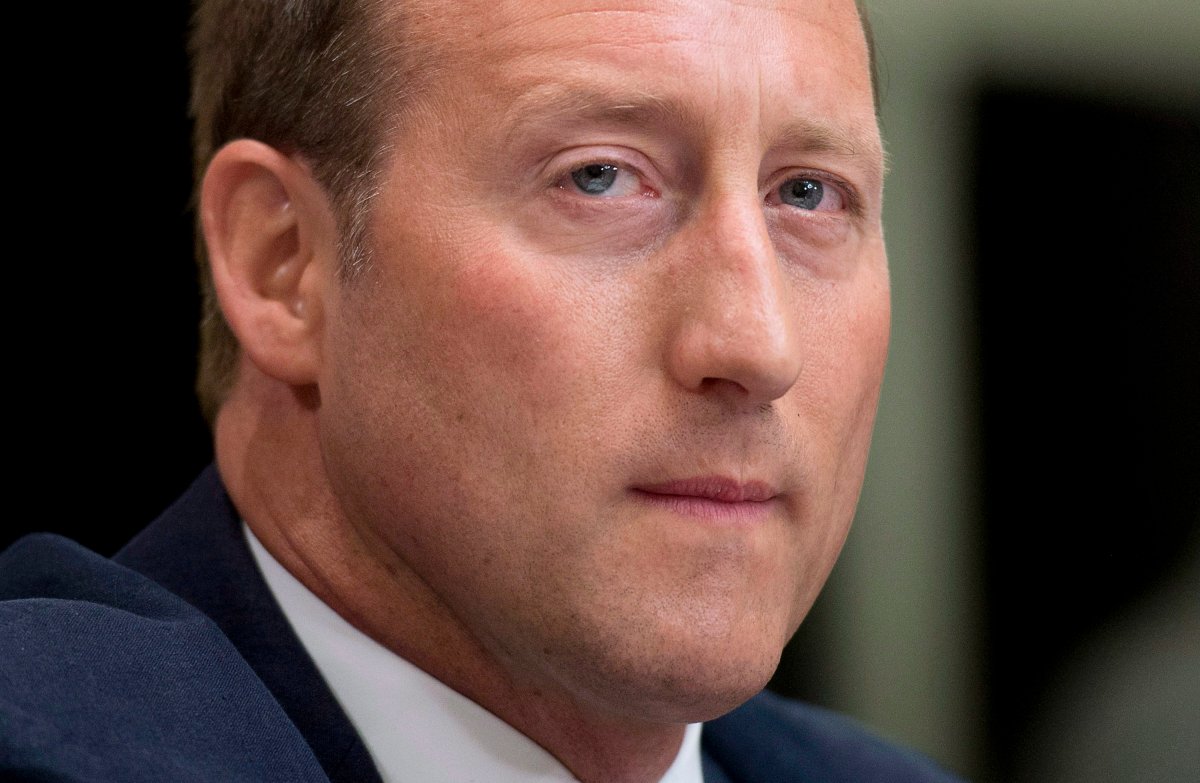OTTAWA —With the clock ticking down toward summer and the end of the Conservatives’ first majority government, the national law around physician-assisted suicide is hanging in the balance.

Justice Minister Peter MacKay said he has no intention to table legislation prior to the federal election, scheduled for Oct. 19. He has, however, said he hopes to give Parliament an outline of plans for a public consultation process before the House of Commons packs up for the summer next month.
“This is a sensitive issue for many Canadians depending on your personal experience or perspective,” MacKay’s spokesperson wrote in an email. “We are thoroughly and thoughtfully studying the Supreme Court’s decision … to ensure all perspectives on this difficult issue are heard.”
WATCH: Government should enact a law to deal with physician-assisted suicides: Fletcher
In February, the Supreme Court of Canada struck down the federal criminalization of doctor-assisted suicide for patients who are mentally competent but whose lives cannot be saved by medical care.
Following the unanimous decision, the court gave the government 12 months to draft a replacement law.
Interest groups and federal opposition parties say they haven’t recently heard any specifics from the Conservatives regarding the legislation. If the deadline passes without word from Ottawa, provinces will be left to set up and administer their own systems for doctor-assisted suicide.
That’s a situation some doctors say is “far, far from ideal.”
- Trudeau tight-lipped on potential U.S. TikTok ban as key bill passes
- Canadian man dies during Texas Ironman event. Her widow wants answers as to why
- Hundreds mourn 16-year-old Halifax homicide victim: ‘The youth are feeling it’
- On the ‘frontline’: Toronto-area residents hiring security firms to fight auto theft
“That’s a scenario we hope we can avoid by working with the federal government. You don’t want to see different approaches in different provinces,” said Dr. Jeff Blackmer, vice-president of medical professionalism at the Canadian Medical Association. “We want to make sure everyone is on the same page from the beginning.”
READ MORE: MacKay rules out using notwithstanding clause to avoid right to die bill
A patchwork of standards across the country could leave patients wondering which services are offered where and whether they should move to a different province to access what they desire, he said.
If, for example, one province had access to assisted dying for people who were psychologically ill but physically fit, a severely depressed individual who wanted assistance in dying could decide to move in order to benefit from that province’s laws.
Health-care providers also have to be clear about the standards, Blackmer said.
“Those who decide they will participate in assisted dying should know the rules are the same for them as for their colleagues next door,” he said.
Could a patchwork of rules result in physicians moving to provinces with guidelines that suit them?
WATCH: Longtime right-to-die BC advocates applaud Supreme Court ruling
“I would guarantee it, absolutely,” Blackmer said.
The CMA met a few months ago with McKay’s staff on the file, though haven’t heard anything since, he said.
Prior to the court’s ruling, the prime minister and some of his cabinet had come out against physician-assisted dying.
Still, Blackmer said he’s cautiously optimistic the government will meet its February 2016 deadline.
“Even though we know the House will stop sitting and there will be an election, I don’t think that means there’s no work going on behind the scenes,” Blackmer said.
READ MORE: Key facts on the Supreme Court’s decision on doctor-assisted suicide
In fact, although MacKay has said there is no legislation coming before the fall election, his office said the intention is to hold consultations throughout the summer. The government could request an extension from the Supreme Court if it can demonstrate it has been working on the file, they said.
With polls showing a tight three-way race, however, it’s possible the Liberals or New Democrats will seize power from Stephen Harper’s Conservatives come fall.
As far back as February 2014, at the most recent Liberal policy convention, the party’s members voted to support assisted suicide.
One year later, the party introduced a motion in the House of Commons to strike up a parliamentary committee on physician-assisted dying.
“Unfortunately, the government voted down this important step forward,” said Cameron Ahmad, a spokesman for Liberal leader Justin Trudeau.
The office of NDP leader Thomas Mulcair did not respond to Global News Tuesday afternoon when asked what he might do with the file come October, should his party form government.
WATCH: Liberals ask Harper to begin discussions over “right to die”
Following the February decision, however, Mulcair and the NDP pushed for the Conservatives to immediately address the issue, beginning with a national conversation.
Françoise Boivin, the New Democrat justice critic, told Global News on Tuesday the party is reviewing “all possible options raised by the decision through currently ongoing consultations.”
Meanwhile, the CMA is working to develop a strategy working physicians would like to see in terms of legal concepts, screening procedures and oversight, Blackmer said.
“From a practical standpoint, for the medical profession, this is brand new. It’s not something I learned in medical school or residency,” he said. “So doctors who decide to participate need to learn not just the technical aspects, but the psychosocial and legal aspects as well.”



Comments